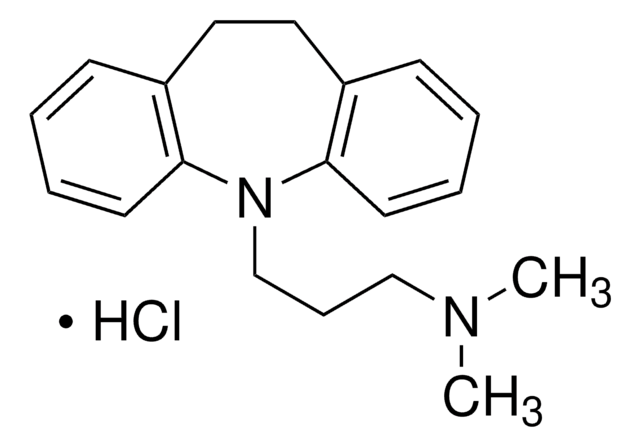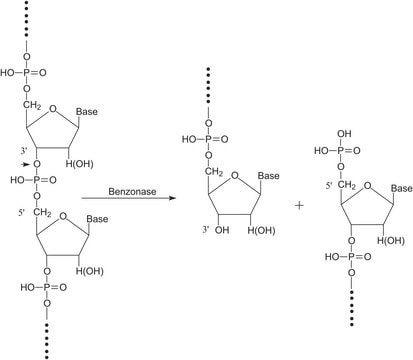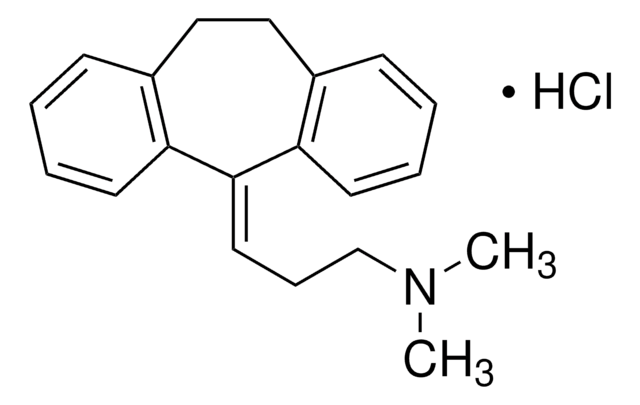C3228
CelLytic™ MT Cell Lysis Reagent
For mammalian tissues
Synonym(s):
Cell lysis buffer, Cell lysis reagent
Sign Into View Organizational & Contract Pricing
All Photos(1)
About This Item
UNSPSC Code:
41116134
NACRES:
NA.56
Recommended Products
Quality Level
form
solution
Application
CelLytic™ MT Cell Lysis Reagent has been used in the homogenization of hippocampi tissues, quadriceps muscles from mice, primary human trophoblasts (PHT), soleus muscles from mice and organs of Corti (OCs).
Features and Benefits
- Gentle: Non-denaturing and does not interfere with downstream applications
- Convenient: Provided ready to use
Other Notes
CelLytic MT is an efficient reagent for the extraction of proteins. The lysis buffer consists of a dialyzable mild detergent, bicine, and 150 mM NaCl, resulting in minimal interference with protein interactions and biological activity. CelLytic MT is also used for extraction of cell-line proteins. A volume of 20 mL of CelLytic MT is sufficient for 1 gram of tissue.
Quality
It has been tested, but not limited to the following tissues: rat brain, kidney, muscle, heart, liver, spleen and mouse brain, kidney and muscle.
Legal Information
CelLytic is a trademark of Sigma-Aldrich Co. LLC
related product
Product No.
Description
Pricing
Storage Class Code
10 - Combustible liquids
WGK
WGK 2
Flash Point(F)
Not applicable
Flash Point(C)
Not applicable
Certificates of Analysis (COA)
Search for Certificates of Analysis (COA) by entering the products Lot/Batch Number. Lot and Batch Numbers can be found on a product’s label following the words ‘Lot’ or ‘Batch’.
Already Own This Product?
Find documentation for the products that you have recently purchased in the Document Library.
M Espe et al.
SpringerPlus, 4, 658-658 (2015-11-07)
Hydrolyzed fish proteins (H-pro) contains high concentrations of free amino acids and low molecular peptides that potentially benefit health. The following study aimed to test whether the water soluble phase of H-pro could reduce apoptosis and inflammation in primary liver
Resveratrol Decreases Oxidative Stress by Restoring Mitophagy and Improves the Pathophysiology of Dystrophin-Deficient mdx Mice
Sebori R, et al.
Oxidative Medicine and Cellular Longevity, 2018 (2018)
Leticia E Camacho et al.
American journal of physiology. Regulatory, integrative and comparative physiology, 313(2), R101-R109 (2017-05-12)
Intrauterine growth restriction (IUGR) is associated with persistent metabolic complications, but information is limited for IUGR infants. We determined glucose-stimulated insulin secretion (GSIS) and insulin sensitivity in young lambs with placental insufficiency-induced IUGR. Lambs with hyperthermia-induced IUGR (
Quantitative expression and localization of GABAB receptor protein subunits in hippocampi from patients with refractory temporal lobe epilepsy
Sheilabi MA, et al.
Neuropharmacology, 136, 117128-117128 (2018)
Joseph S Marino et al.
The Journal of biological chemistry, 291(50), 25776-25788 (2016-10-28)
Glucocorticoids (GCs) regulate energy supply in response to stress by increasing hepatic gluconeogenesis during fasting. Long-term GC treatment induces hepatic steatosis and weight gain. GC signaling is coordinated via the GC receptor (GR) GRα, as the GRβ isoform lacks a
Our team of scientists has experience in all areas of research including Life Science, Material Science, Chemical Synthesis, Chromatography, Analytical and many others.
Contact Technical Service







